The Arch Foundation plans to encode important books and crowdsourced images into synthetic DNA molecules and store them on the Moon.
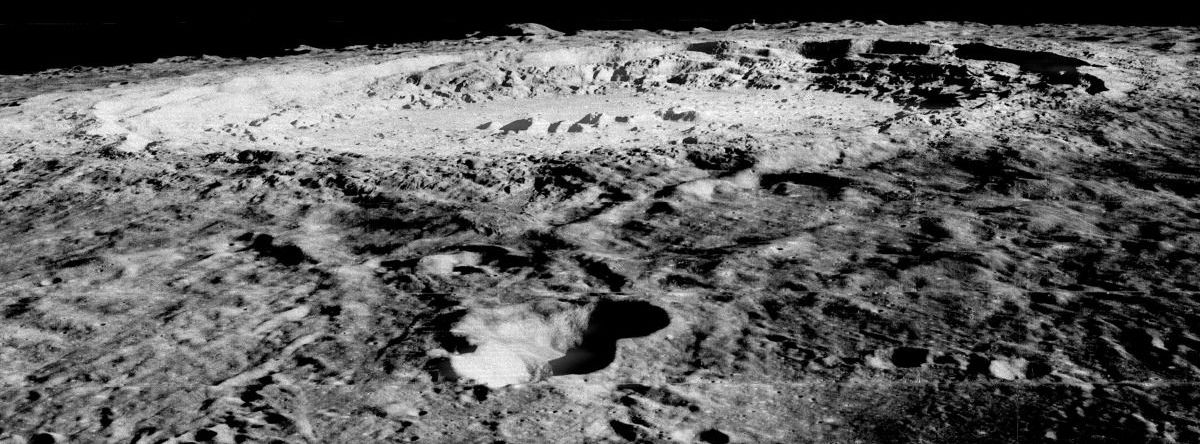

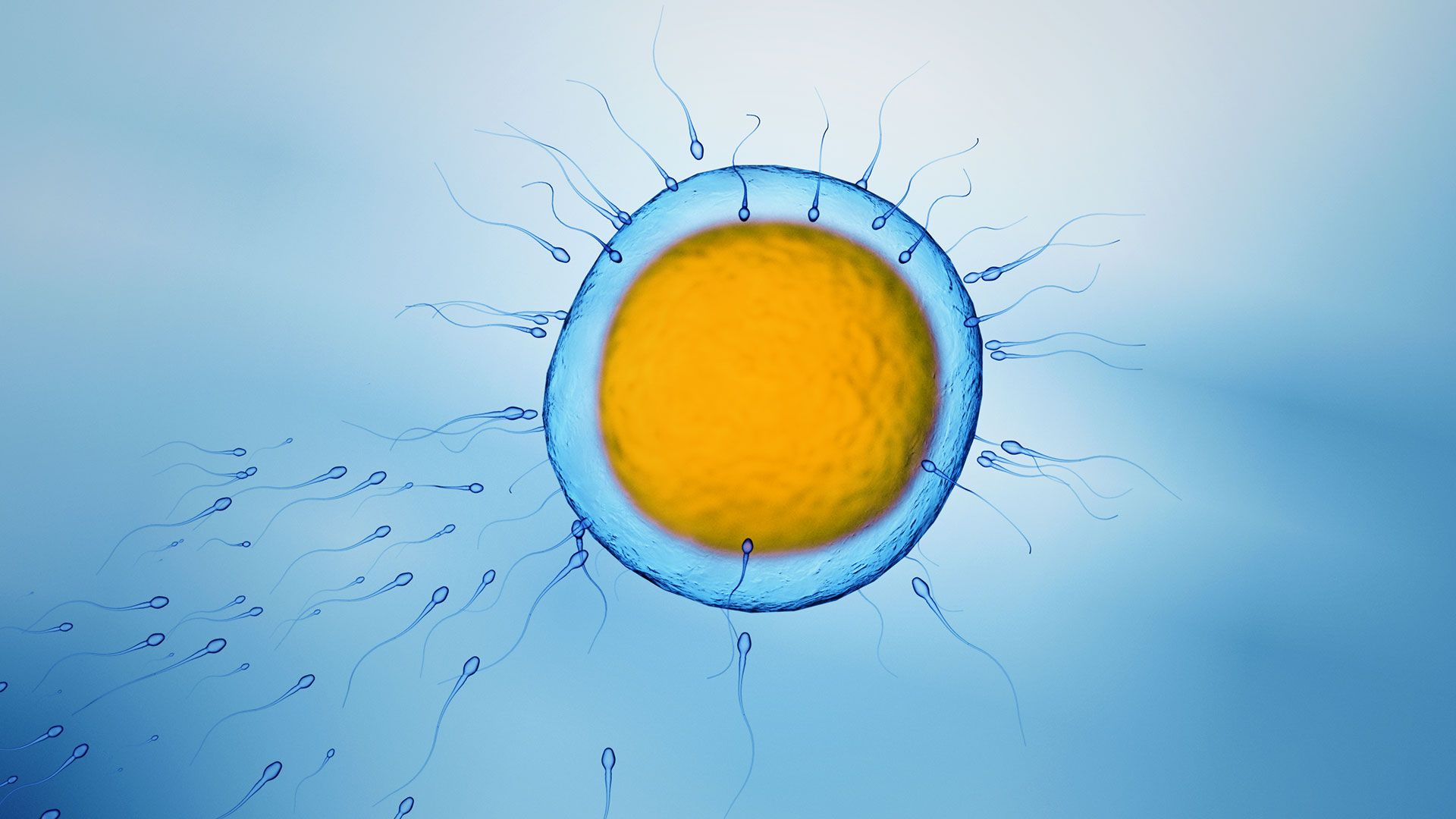
They were right. Last week, writing in Science, a Japanese team reported a formula that transforms human blood cells into immature eggs. With the help of an artificial womb made from mouse ovary cells, the human cells underwent changes to their DNA that mimics those in a 10-week-old, normal human egg.
The resulting eggs are far from full-blown eggs, and they can’t yet be fertilized to create human embryos.
But “this cannot be denied as a spectacular next step,” said Dr. Eli Adashi at Brown University, who was not involved in the study. “Considering how difficult this has been in a human, [this new study] in a way broke the ice.”

Not sure about this, microbiome is known to be quite stable and to revert back to some kind of base line…even after faecal swaps… Curious what that could mean over time.
By Clare Wilson
The key to organ transplants might lie in an unexpected place – the gut. Giving mice a faecal transplant made them more tolerant of a subsequent heart transplant.
The explanation could be that bacteria in the bowel help regulate the immune system and stop it from launching an attack against the unfamiliar transplanted tissue. Finding the mechanism could lead to new medicines to stop organ rejection, says Jonathan Bromberg at the University of Maryland. “It’s a way to turn down the volume knob on the immune system.”
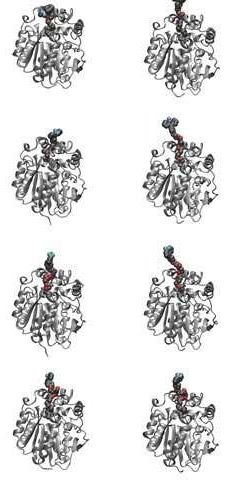
A fluorescent molecule whose luminosity depends upon how fast it can rotate is helping researchers measure how viscous the fluid is inside different parts of a cell.
“There’s a lot of interest in the biophysical field in developing chemical probes that can be used to characterize the environment inside a cell or any kind of biological compartment,” says Peter Bond, from A*STAR’s Bioinformatics Institute.
Researchers from the United Kingdom and Singapore—including A*STAR scientists such as Bond’s team who led the computational arm of the project—have modeled, developed and tested a molecule comprising two parts; a genetic probe designed to home in on particular proteins, so it can be directed to wherever in a cell that protein is found; and a molecular rotor—a fluorescent molecule whose fluorescence lasts longer, the slower it spins. A*STAR researchers simulated how this molecule would perform in different microenvironments at scales of millionths or even billionths of a meter.
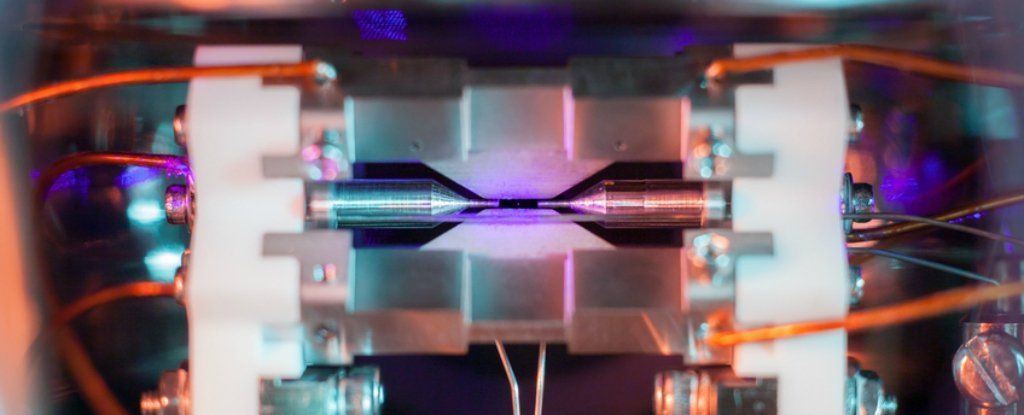
Humanity is producing so much data every single minute that we either need to slow down, or scientists need to crack the problem of finding better ways of storing that data ASAP. Now, new research has taken us one step closer to the ultimate in compact data storage: putting data on a single atom.
As the basic building blocks of all matter, atoms are the smallest object we could possibly store a bit (a 1 or a 0) on, potentially shrinking down the size of existing hard drives by about a thousand times or so, if we can figure out how to get it to work.
Scientists have already made progress in storing bits on atoms, but only on a small scale and in tightly controlled lab conditions, which usually means extremely cold setups.
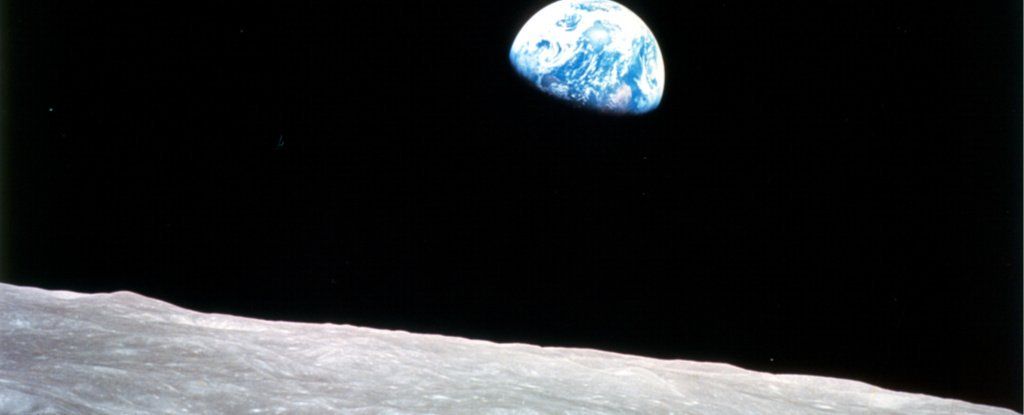
NASA’s got a whole new plan. It wants boots on the Moon in 10 years and on Mars in 20. Give or take.
On Wednesday, the space agency announced its detailed National Space Exploration Plan to achieve the President’s lofty goals set out in his December 2017 Space Policy Directive-1.
Those bold plans include: planning a new Moon landing, long-term human deployment on and around the Moon, reassertion of America’s leadership in space, strengthening private space companies, and figure out how to get American astronauts to the surface of Mars.

From space colonization to resurrection of dinosaurs to machine intelligence, the most awe-inspiring visions of humanity’s future are typically born from science fiction.
But among an abundance of time travel, superheroes, space adventures, and so forth, biotech remains underrepresented in the genre.
This selection highlights some outstanding works (new and not so new) to fill the sci-fi gap for biotech aficionados.

